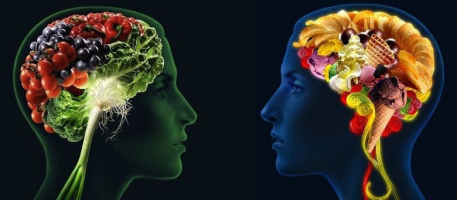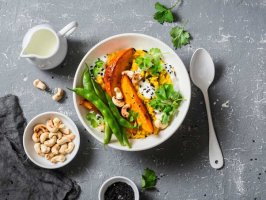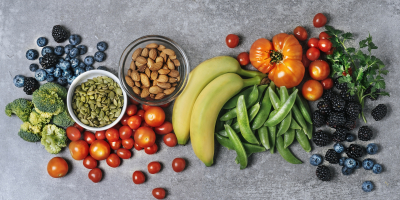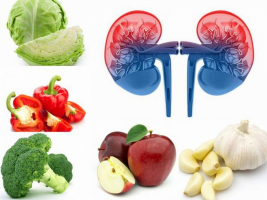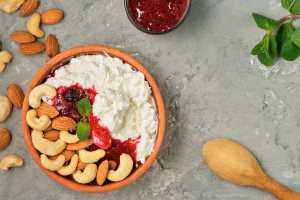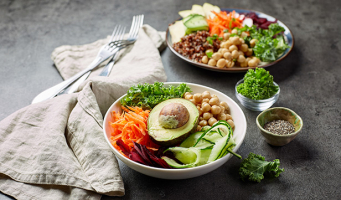Top 10 Brain Foods for Studying and Exams
Maintaining good health is important for students who are attempting to study and understand a lot of new information. Research shows that some foods may be ... read more...especially beneficial for brain health and promoting mental performance. The following foods are good choices while you're studying for an exam because they've been linked to better brain health!
-
Berries are rich in a number of compounds that may support academic performance and protect your brain's health. Anthocyanins, a type of flavonoid compound, are particularly abundant in berries including blueberries, strawberries, and blackberries.
Anthocyanins are thought to boost brain blood flow, defend against inflammation, and improve certain signaling pathways that support the growth of nerve cells and cellular functions involved in learning and memory. Numerous research on humans has shown that eating berries helps brain function. A 13.5-ounce (400-mL) smoothie was made with equal amounts of blueberry, strawberry, raspberry, and blackberry in one research with 40 participants. In comparison to participants in the placebo group, it was discovered that the smoothie sped up response times on tests of attention and task-switching and helped participants retain accuracy on these tests over a period of six hours. In addition, a review of 12 trials including children, adolescents, and elders discovered that 8 of the studies showed improved mental performance, including on tests of short-term, long-term, and spatial memory, after eating blueberries or blueberry supplements.
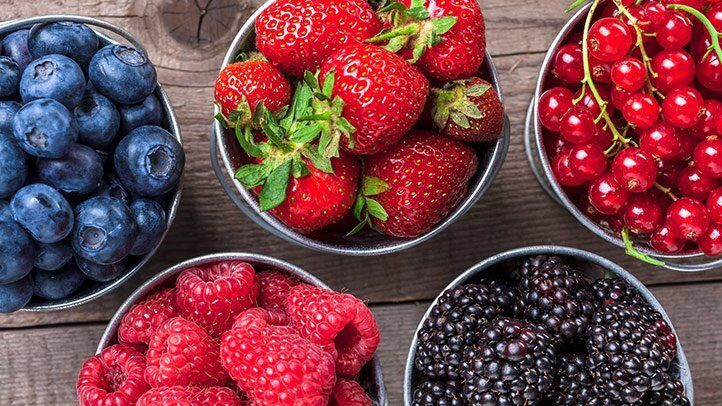
Berries 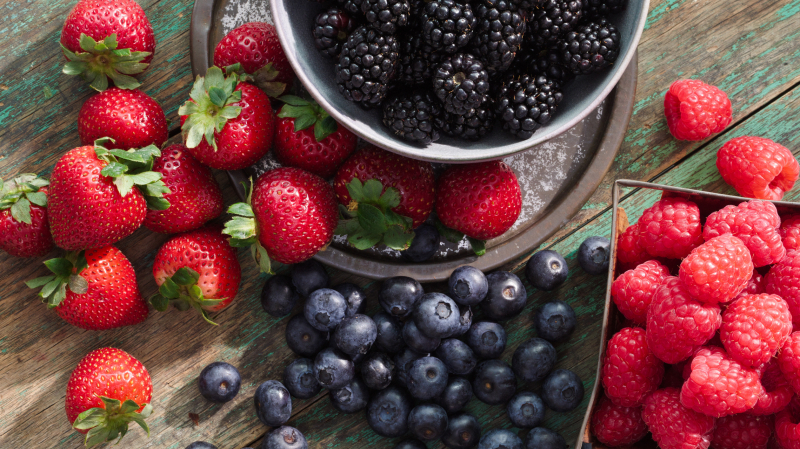
Berries -
Due to their high nutritional value, citrus fruits have been linked to a number of health benefits, including the support of brain function. Citrus fruits like oranges and grapefruit are rich in flavonoids, such as hesperidin, naringin, quercetin, and rutin, among others, just like berries. These compounds could be able to improve learning and memory as well as protect nerve cells from damage, delaying the incidence of mental decline.
Citrus fruit juice may help to improve mental function, according to studies. A test that required matching symbols to numbers was performed on 40 young adults, and the results showed that consuming 17 ounces (500 mL) of 100% orange and grapefruit juice increased blood flow to the brain and considerably improved performance when compared to a control drink. To make your snack more nutritious, combine citrus fruits and citrus juice with a source of protein and healthy fat, such as mixed nuts.
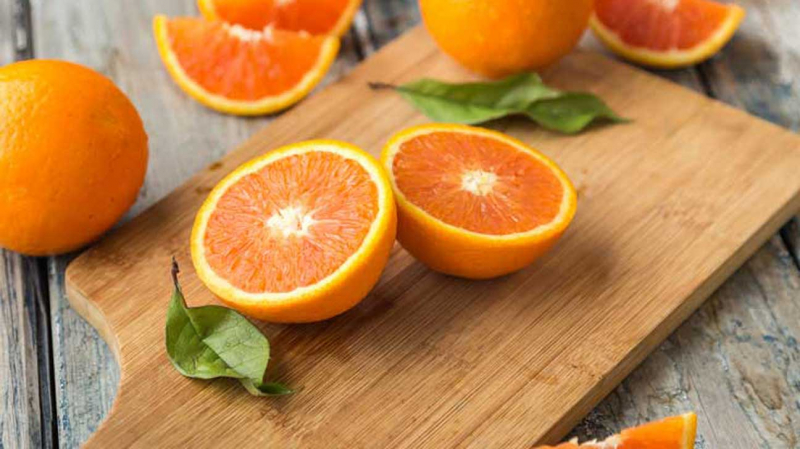
Citrus fruits 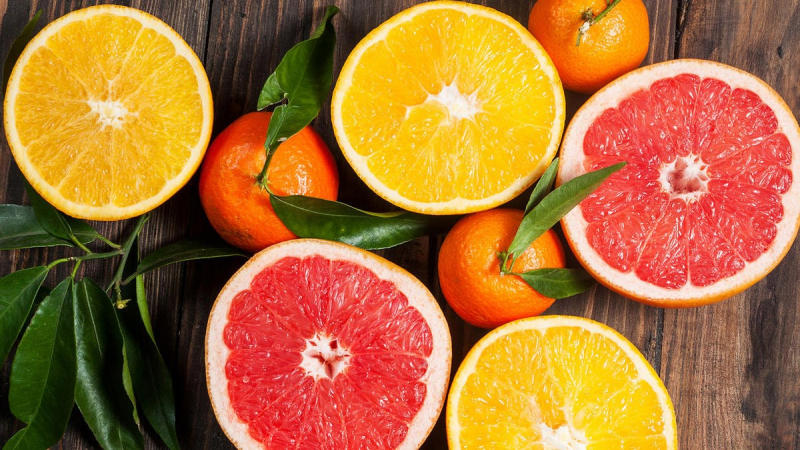
Citrus fruits -
Since cocoa has the greatest flavonoid concentration of any food by weight, foods made from cocoa, like chocolate, greatly increase dietary consumption of flavonoids. Products made from cocoa that are high in flavonoids may benefit brain function.
In one study, cocoa drinks containing 45 mg, 520 mg, or 990 mg of cocoa flavonoids per serving were consumed daily for 8 weeks by 90 older adults with mild mental impairment. At the end of the trial, those who drank the high flavonoid beverage surpassed those who drank the low flavonoid beverage significantly on mental tests. Furthermore, the insulin sensitivity of the high and intermediate flavonoid groups had increased, which was thought to be the main factor contributing to the improved brain function.

Dark chocolate and cocoa products 
Dark chocolate and cocoa products -
Zinc and vitamin E are two nutrients that are abundant in nuts and are essential for brain function. They are a great option for study snacks because they are versatile and portable.
Nuts are rich amounts of fiber, protein, and healthy fats that can keep you energetic throughout long study sessions. Additionally, studies suggest that snacking on nuts may even help to enhance some aspects of brain function. One research involving 317 children discovered a connection between nut consumption and improved reaction time and performance on brain tests. Furthermore, population-based research of 15,467 women found eating at least 5 servings of nuts per week was associated with having a better overall mental status.
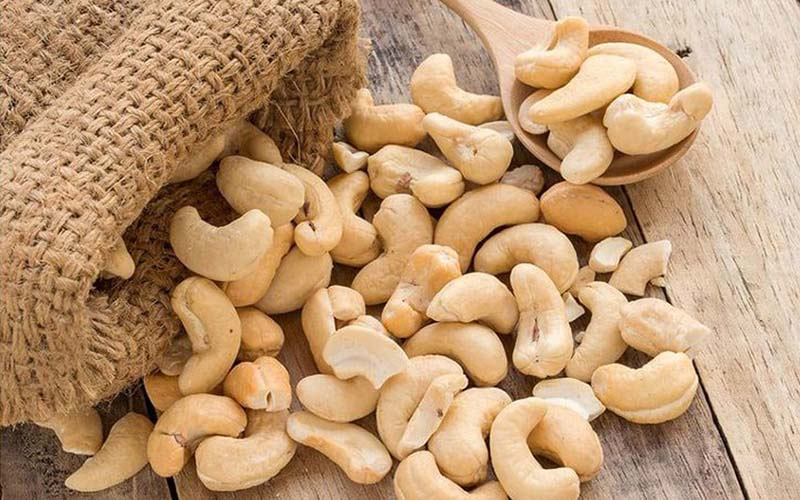
Nuts 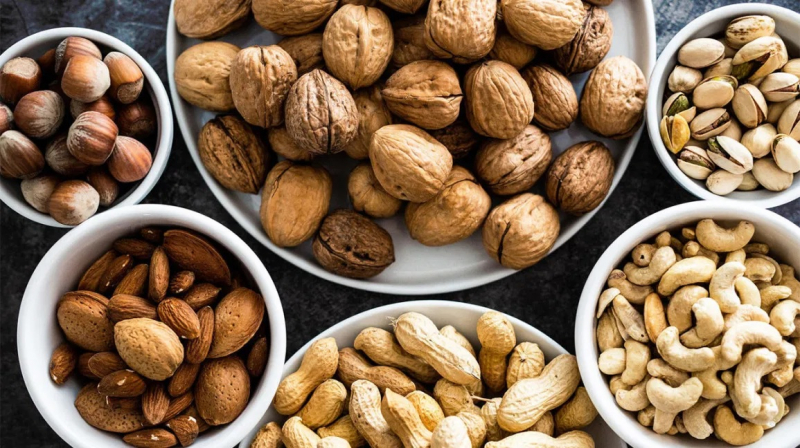
Nuts -
Due to the range of nutrients they contain, eggs are referred to as nature's multivitamin. They are especially abundant in vitamins and minerals that are important for brain health, including selenium, choline, and vitamin B12.
For example, choline is required for brain development and the production of the neurotransmitter acetylcholine, which is essential for memory storage and muscle function, while selenium is involved in coordination, memory, cognition, and motor performance. Additionally, eggs contain lutein, a carotenoid pigment linked to improved mental and visual function. To maximize the potential benefits, eating whole eggs is better than egg whites. In one research of 19 children and adolescents, eating egg yolks was linked to better short-term memory, attention, and learning scores than eating egg whites.
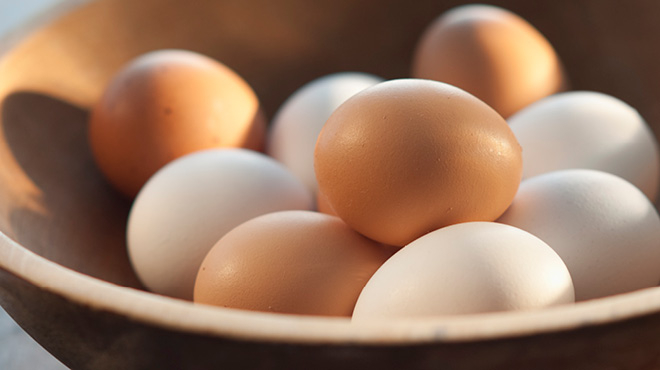
Eggs 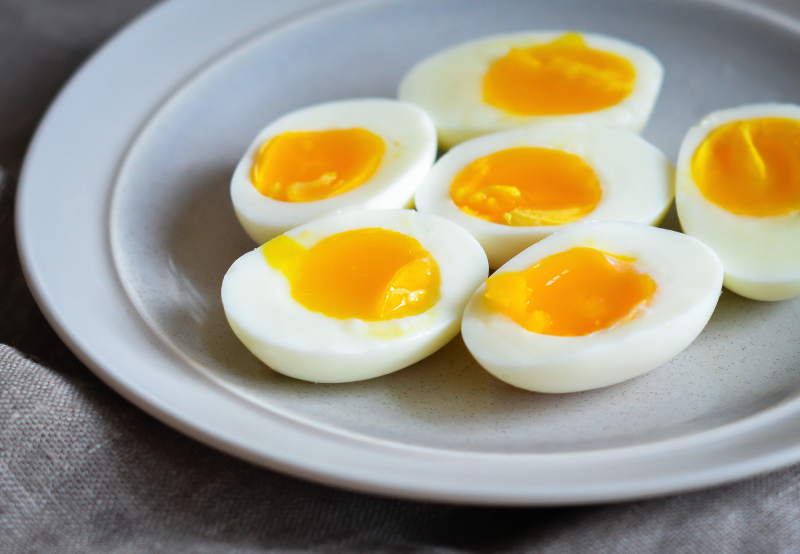
Eggs -
Avocados are versatile fruits that may be eaten in a variety of ways, such as spread on toast, mashed into guacamole, or just eaten whole with a little salt. They might also improve your cognitive performance and serve as a convenient study snack.
They are a great source of lutein, a carotenoid that builds up in your brain and eyes and may have a beneficial impact on how your brain functions. In one 12-week research involving 84 adults, it was shown that those who had fresh avocados as part of a meal had higher lutein levels in their blood and performed better on mental tests.
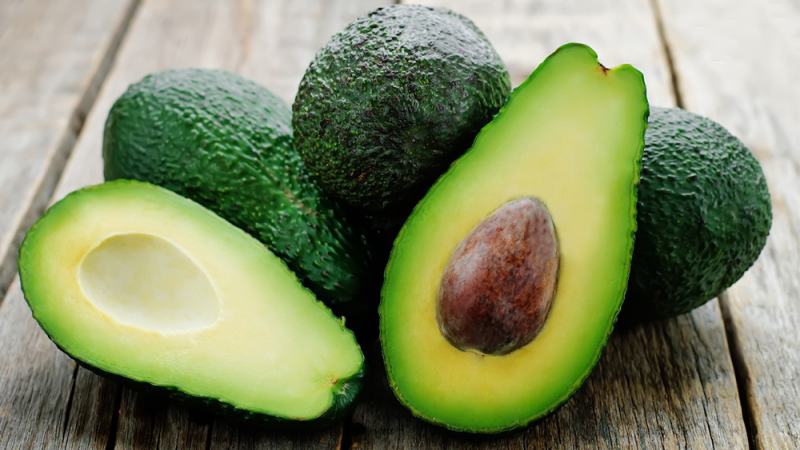
Avocados 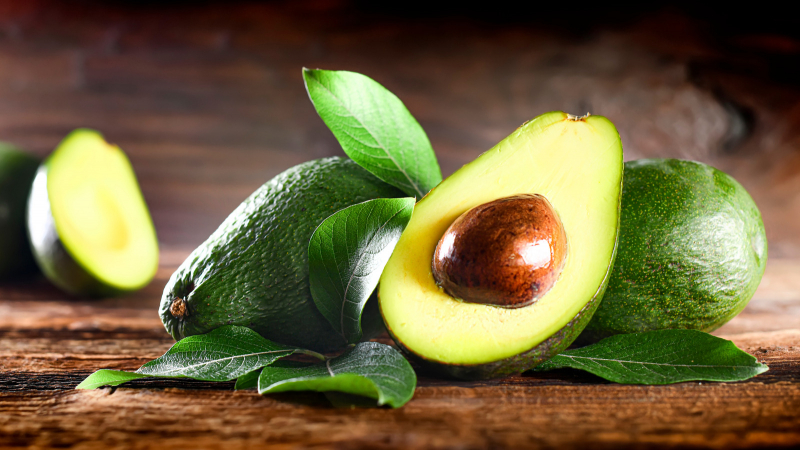
Avocados -
Essential fats are known omega-3s that have significant effects on the health of the brain. They are high in fatty fish, which are also great sources of other nutrients that support brain function, such as selenium and vitamin B12.
Due to the abundance of important nutrients, especially omega-3 fats, many studies have linked fish consumption to better mental performance and slower mental decline. One research of 76 Japanese adults found that eating more fish was associated with greater memory and brain function. Another study involving more than 17,000 schoolchildren discovered that, compared to those who had little or no fish, those who consumed 8 grams of fish daily had much better grades in German and mathematics.

Fish 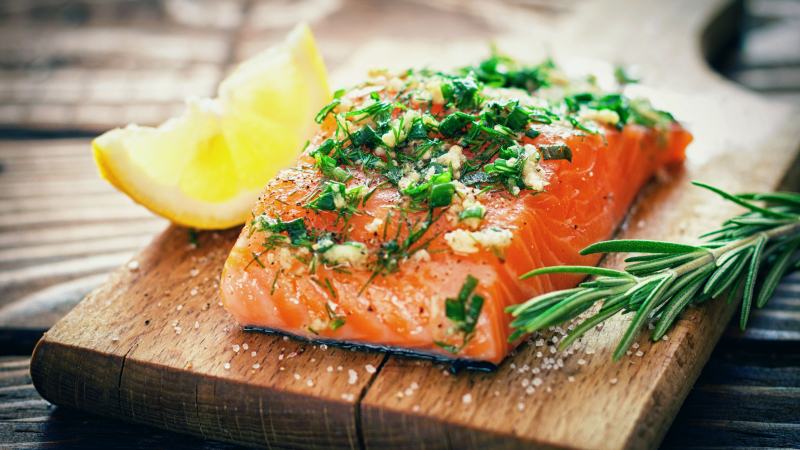
Fish -
Beets and beet products are high in nitrates, which your body converts into a molecule called nitric oxide. Your body relies on nitric oxide for a variety of reasons, including proper blood flow, brain function, and nerve cell communication.
Some studies have shown an improvement in brain function after consuming nitrate-rich beets and beet products. Taking 15 ounces (450 mL) of beet juice increased blood flow to the brain and enhanced performance on a subtraction test, according to one research involving 40 adults. By eating roasted beets with a meal before an exam or drinking fresh beet juice while you study, you can enhance the number of nitrates in your diet.
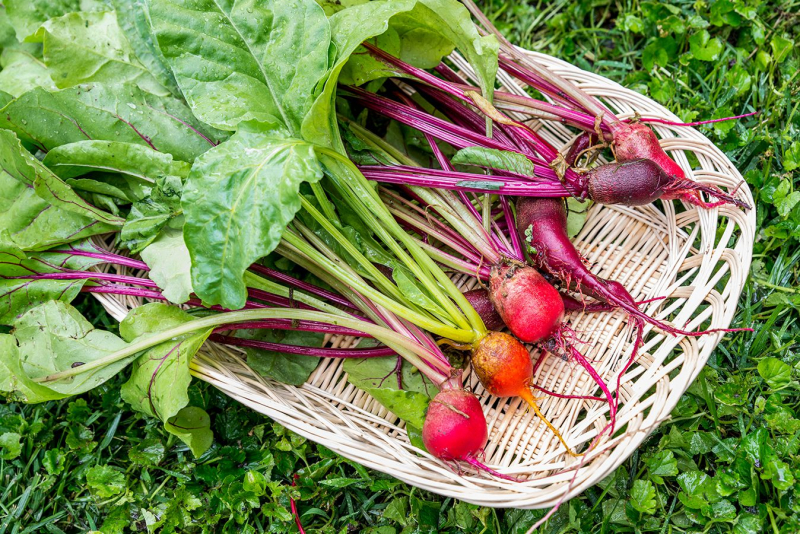
Beets 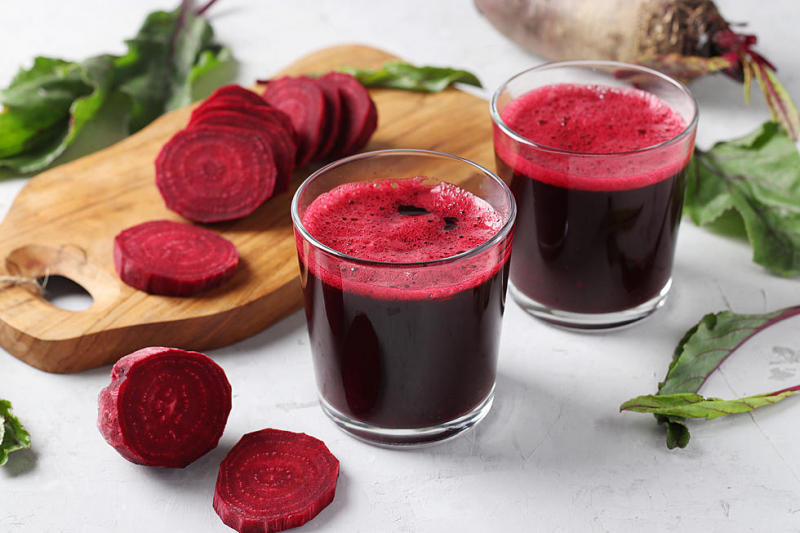
Beets -
Consuming more vegetables is often linked to improved brain function and the improvement of overall health. Vegetables that are red, orange, or green, such as peppers, carrots, and broccoli, include a number of beneficial plant substances, such as carotenoid pigments, which have been demonstrated to improve mental function.
The carotenoids lutein and zeaxanthin accumulate in your retinas. Macular pigment optical density (MPOD) is the name given to this accumulation. MPOD was shown to be substantially associated with cognitive ability and brain function in a study of 51 children between the age of 7 and 13. MPOD was found to be significantly related to academic performance in one different research including 56 kids between the ages of 8 and 9. Kale, parsley, spinach, basil, peas, leeks, lettuce, carrots, broccoli, and green and red peppers are some of the foods that are high in lutein and zeaxanthin. Lutein and zeaxanthin are also found in eggs and pistachios.
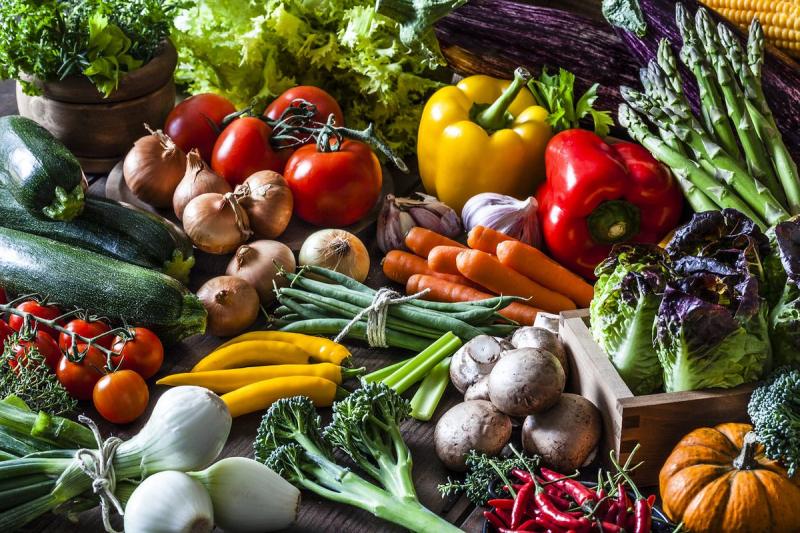
Red, green, and orange vegetables 
Red, green, and orange vegetables -
Turmeric, the dark yellow spice, which is the main component of curry powder, has many advantages for the brain. The active component of turmeric, curcumin, has been demonstrated to cross the blood-brain barrier, allowing it to reach the brain and help the cells there.
It is a strong anti-inflammatory and antioxidant compound that has been linked to many advantages for the brain. In one research, participants who took curcumin twice daily showed a 28% improvement in memory tests throughout the course of the experiment, in contrast to those who took a placebo, who showed no significant memory benefits. Compared to those who took the placebo, those who got curcumin also experienced slightly better moods.
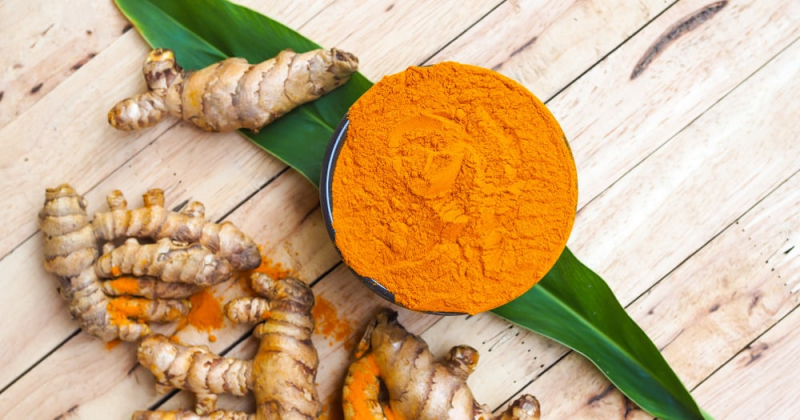
Turmeric 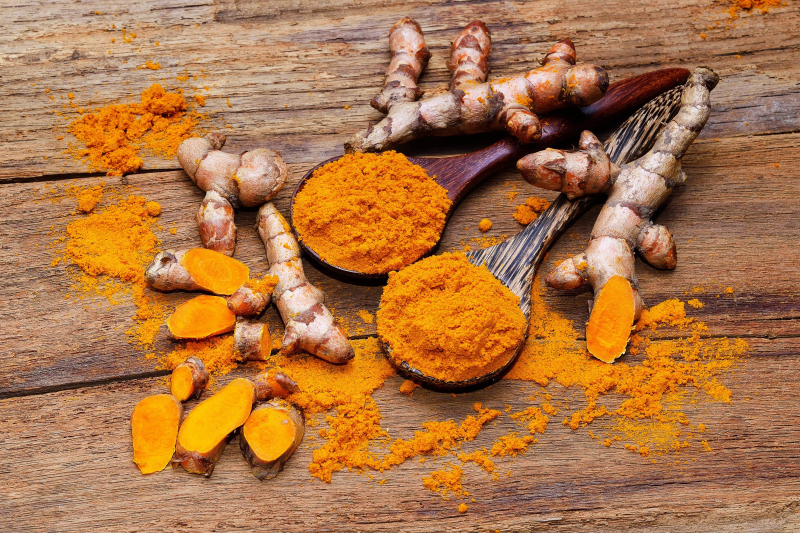
Turmeric













